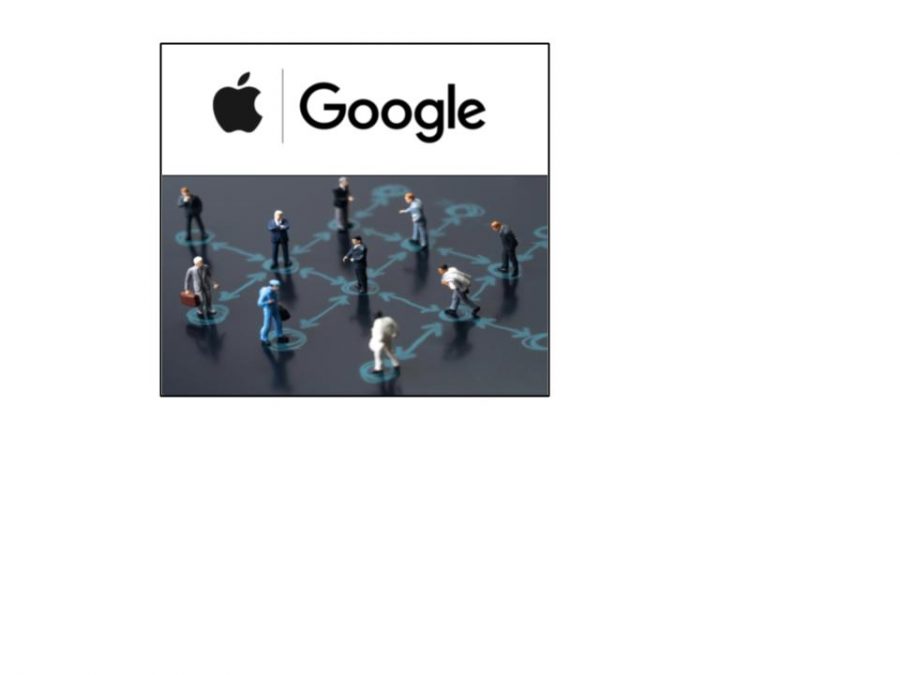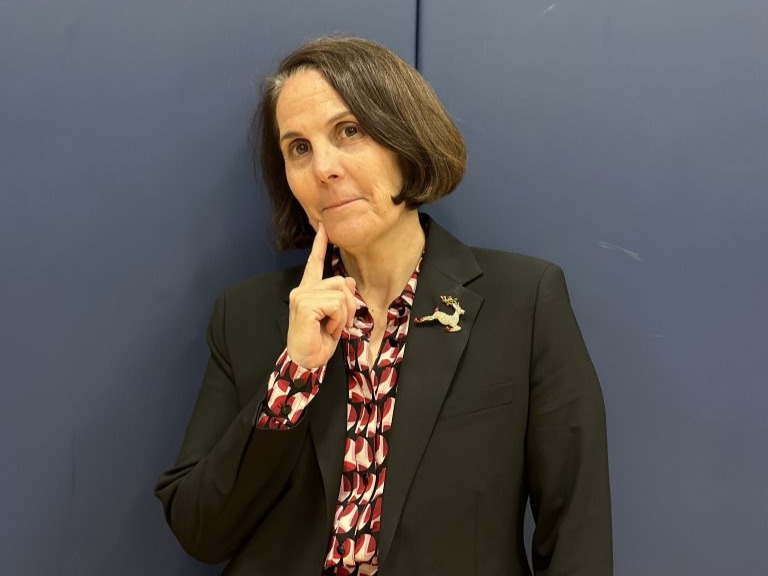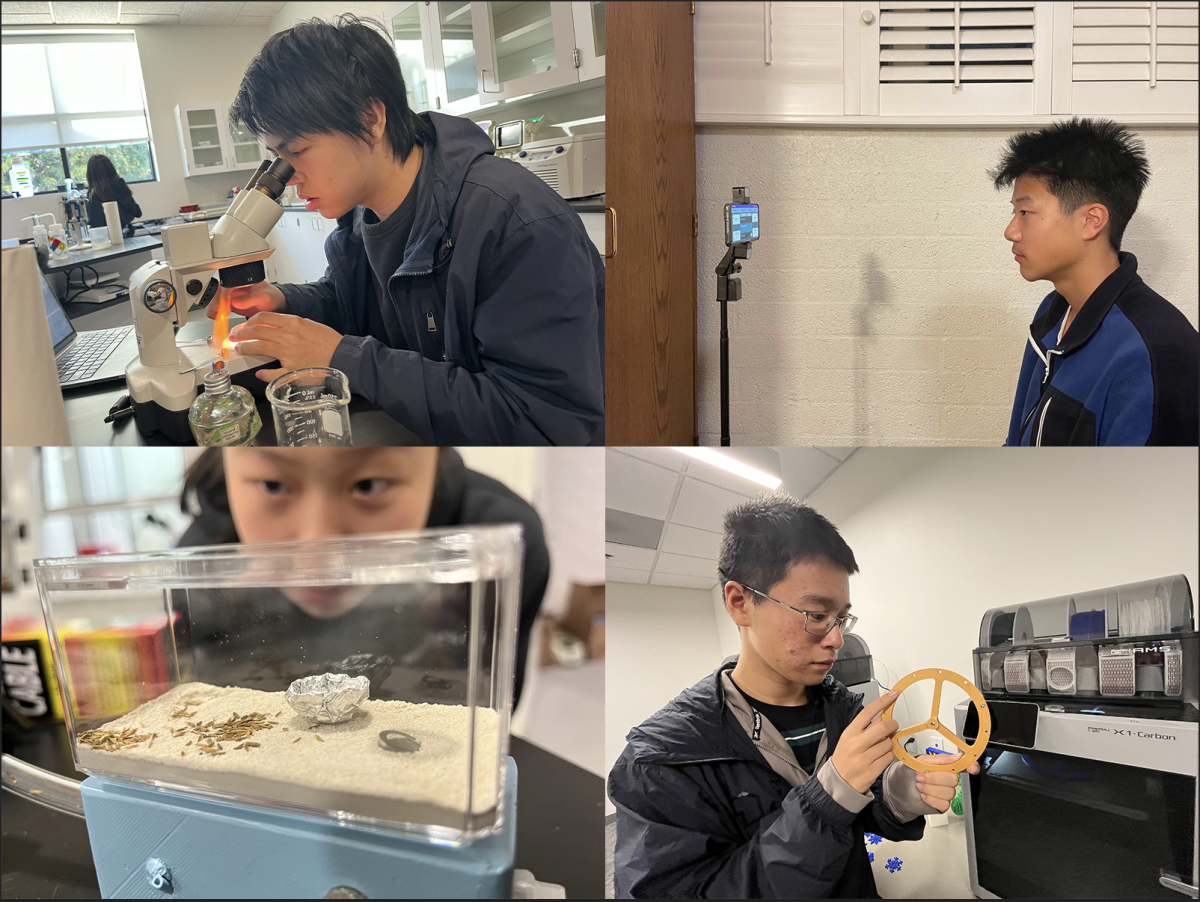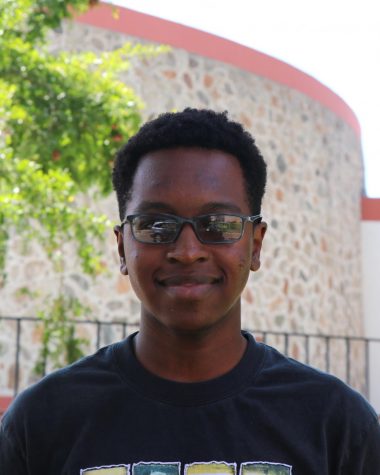Many companies are currently working on a vaccine for the coronavirus pandemic. Unfortunately, many health officials estimate that it will take at least a year before vaccines will be available to the public. Since the process of creating vaccines usually takes years, it will be difficult to exponentially speed up that process and create effective and safe vaccines. However, there may be another solution to help stop the spread of COVID-19: our phones.
Apple and Google recently announced they are working on a tool that will allow people to see if they have been exposed to COVID-19. The tool will be available in apps leased by public health authorities sometimes this month, and will rely on Bluetooth and randomized identity keys to transfer information between users.
“I’m not gonna get the app but that’s just because I never leave my house, but if I did I would use the app,” said Harrison Lee (’20). “I think it’s a good idea because the vaccine won’t be here for a while so this could help slow the spread.”
The first phase of this project will come as an app you will be able to download from the App Store. The second phase will turn the app into an opt-in feature so you will be able to find it on your phone somewhere, such as in the Settings tab. If you are infected and input your diagnosis in the tool, the app will alarm everyone who has had contact with you in the past fourteen days and provide them with more details about their risk of infection, which will depend on how long you were in contact with that infected person.
While the tool is still in development and many details are still yet to be released, the biggest concern about the app is privacy. Many people in the tech community are concerned about how Apple and Google will prevent their users’ data from being stolen. Documents released by Apple and Google assured critics that it would be very difficult for anyone to see what users are doing on their phone. The tool will never ask for personal identity information, but users can use the app to access and confirm their diagnosis.
“If it helps us be more safe then I would use it,” said Denis Khonenev (’20). “I understand people’s want for privacy but I just really want this whole thing to end as fast as possible.”
“It’s a really cool concept and I totally see it being helpful in the future with all this pandemic stuff,” said Bridgette Lee (’20). “I am a little skeptical though because a huge problem right now is that we actually don’t know who has it and who doesn’t. I feel like until we get proper testing for the virus and antibody tests for the majority of people, I won’t be able to trust this product much. Once our government and country figures out a way to properly identify who’s actually had the virus, then this tracking tool could totally be life changing.”
It is hard to say what effect this tool will have. With the alarming amount of protests throughout the country against the closure of businesses and beaches throughout the country, it would not be surprising to see similar reactions toward an app that tracks movements. We can only hope everyone participates and accurately inputs their diagnoses, but only time will tell. Do not hold your breath for a vaccine, stay inside, wash your hands and disinfect frequently touched surfaces.





![All members of the Webb Robotics Winter season teams taking a group photo. Of note is Team 359, pictured in the middle row. “It was super exciting to get the win and have the chance to go to regionals [robotics competition]” Max Lan (‘25) said. From left to right: Max Lan (‘25), Jerry Hu (‘26), David Lui (‘25), Jake Hui (’25), Boyang Li (‘25), bottom Jonathan Li (’25), Tyler Liu (‘25)](https://webbcanyonchronicle.com/wp-content/uploads/2025/03/Screenshot-2025-03-10-at-2.41.38 PM.png)



